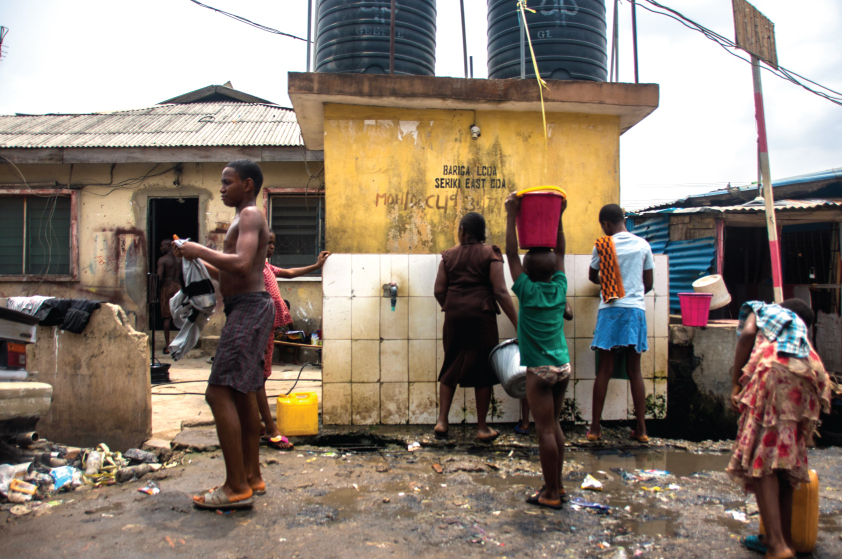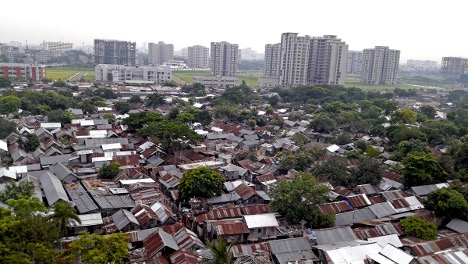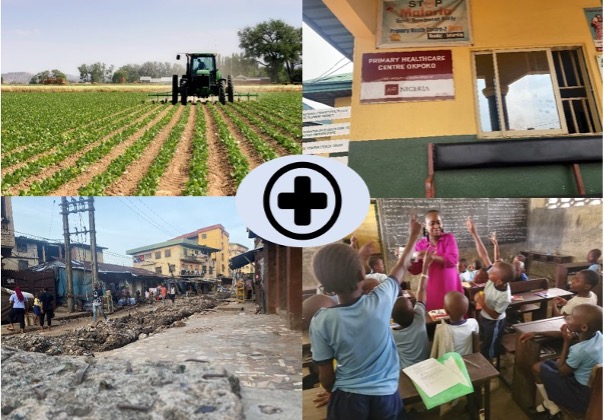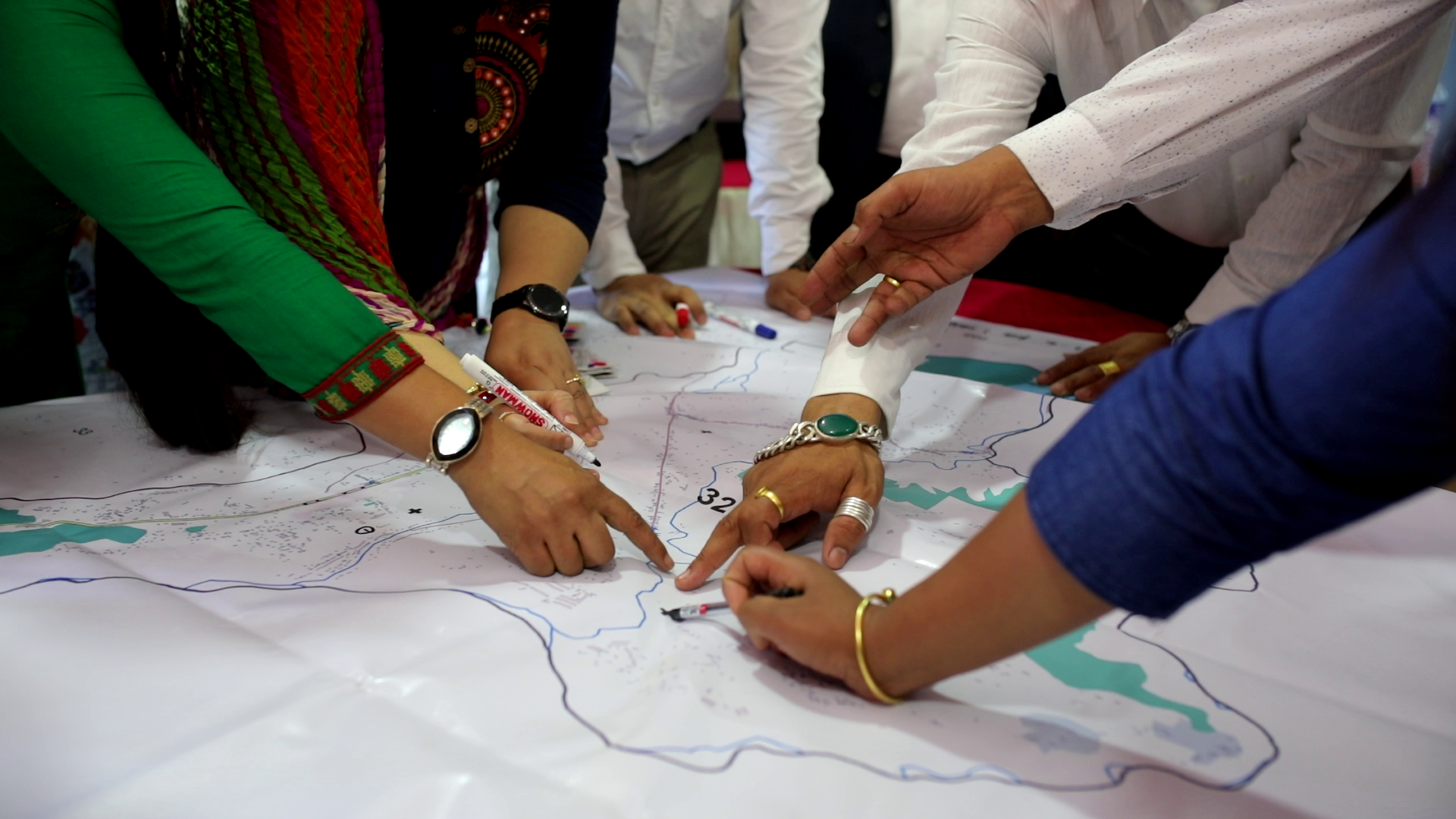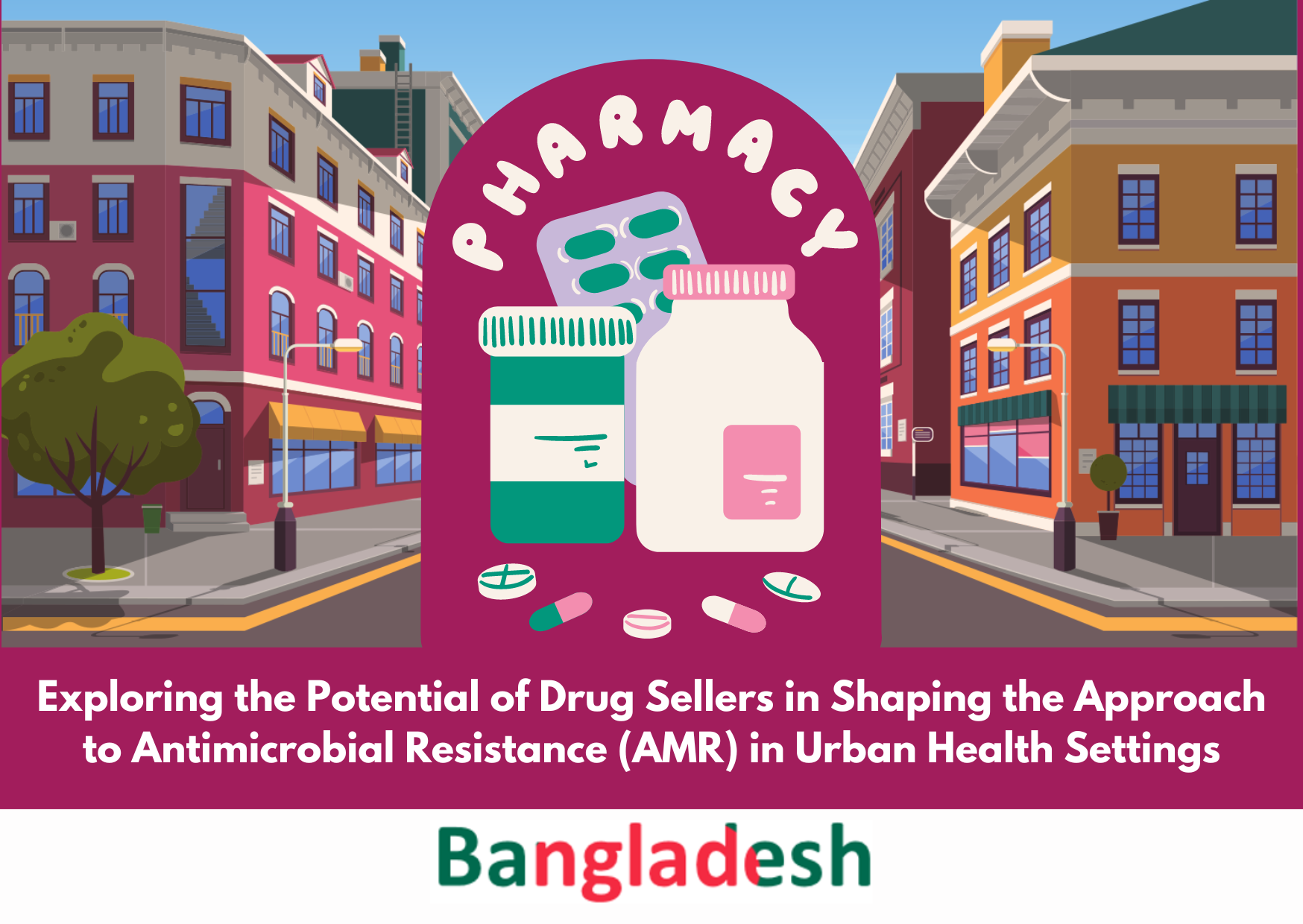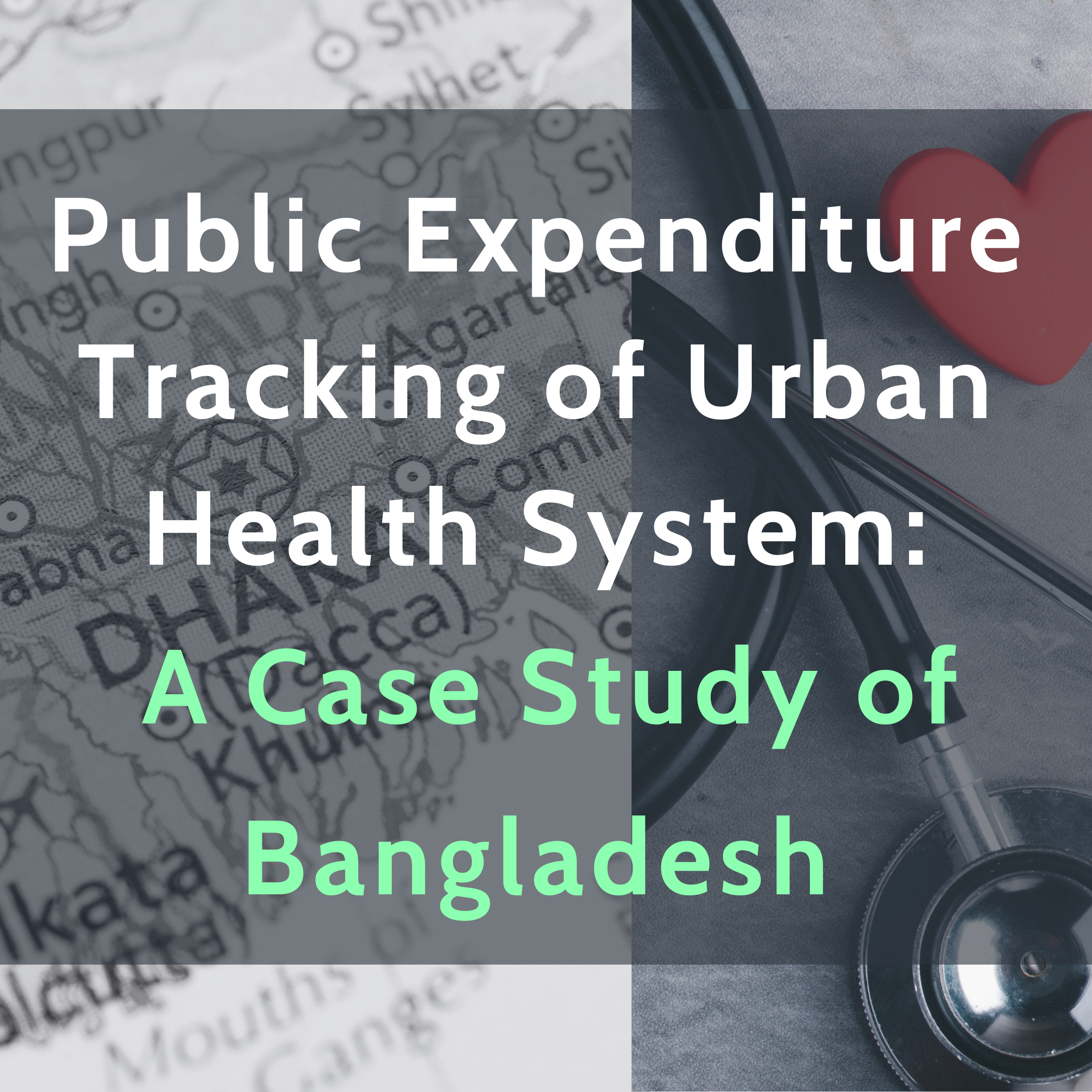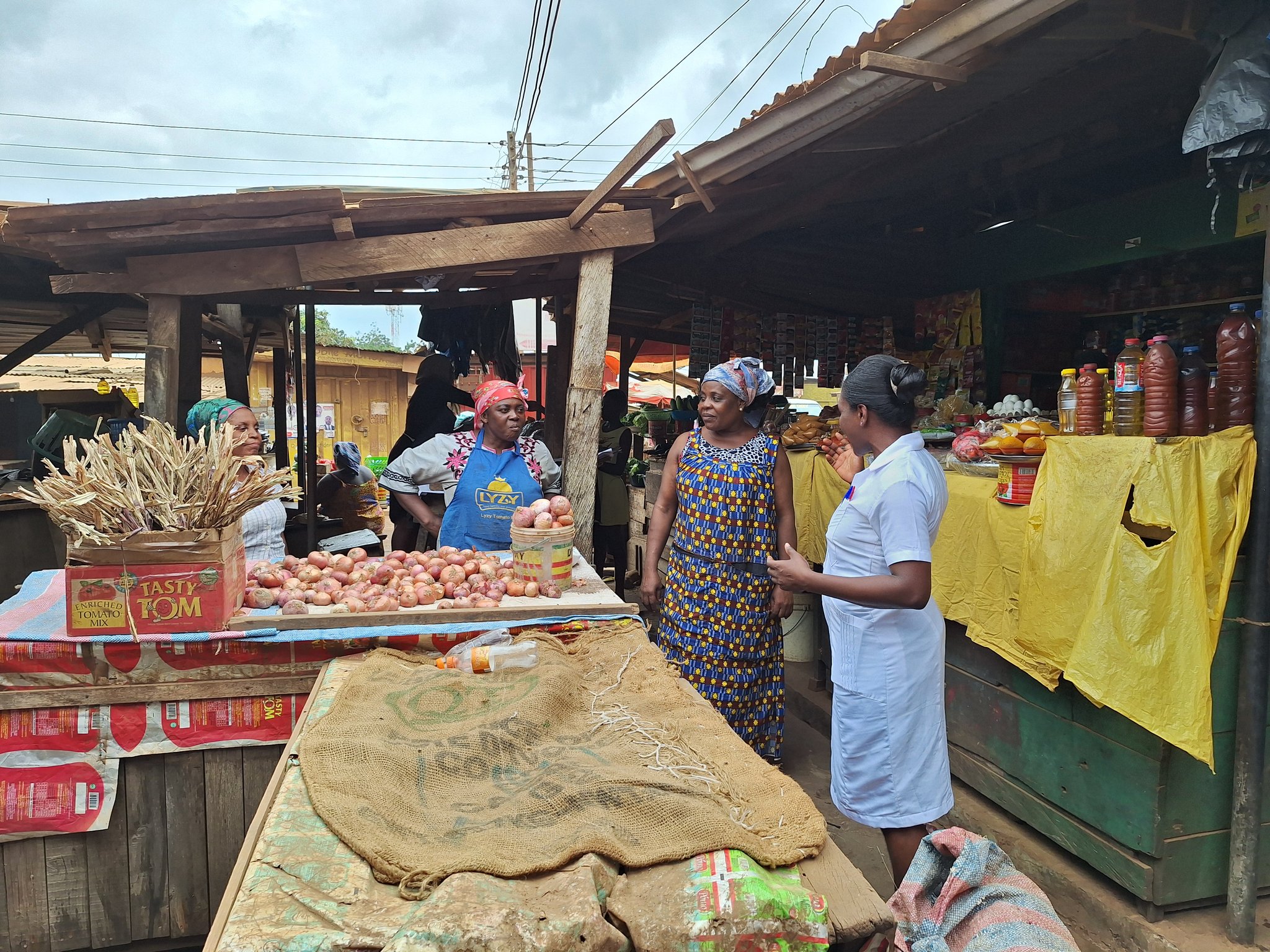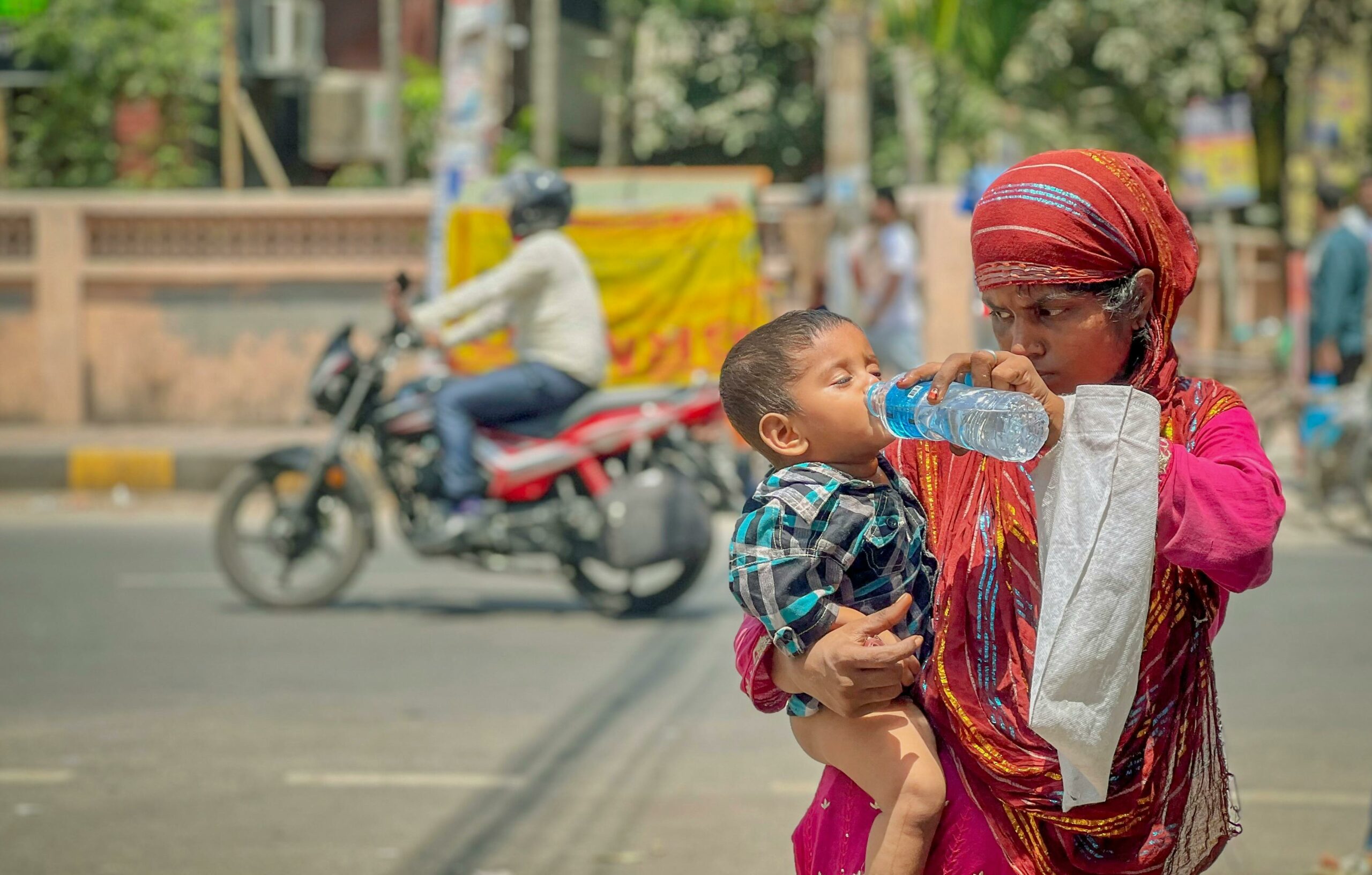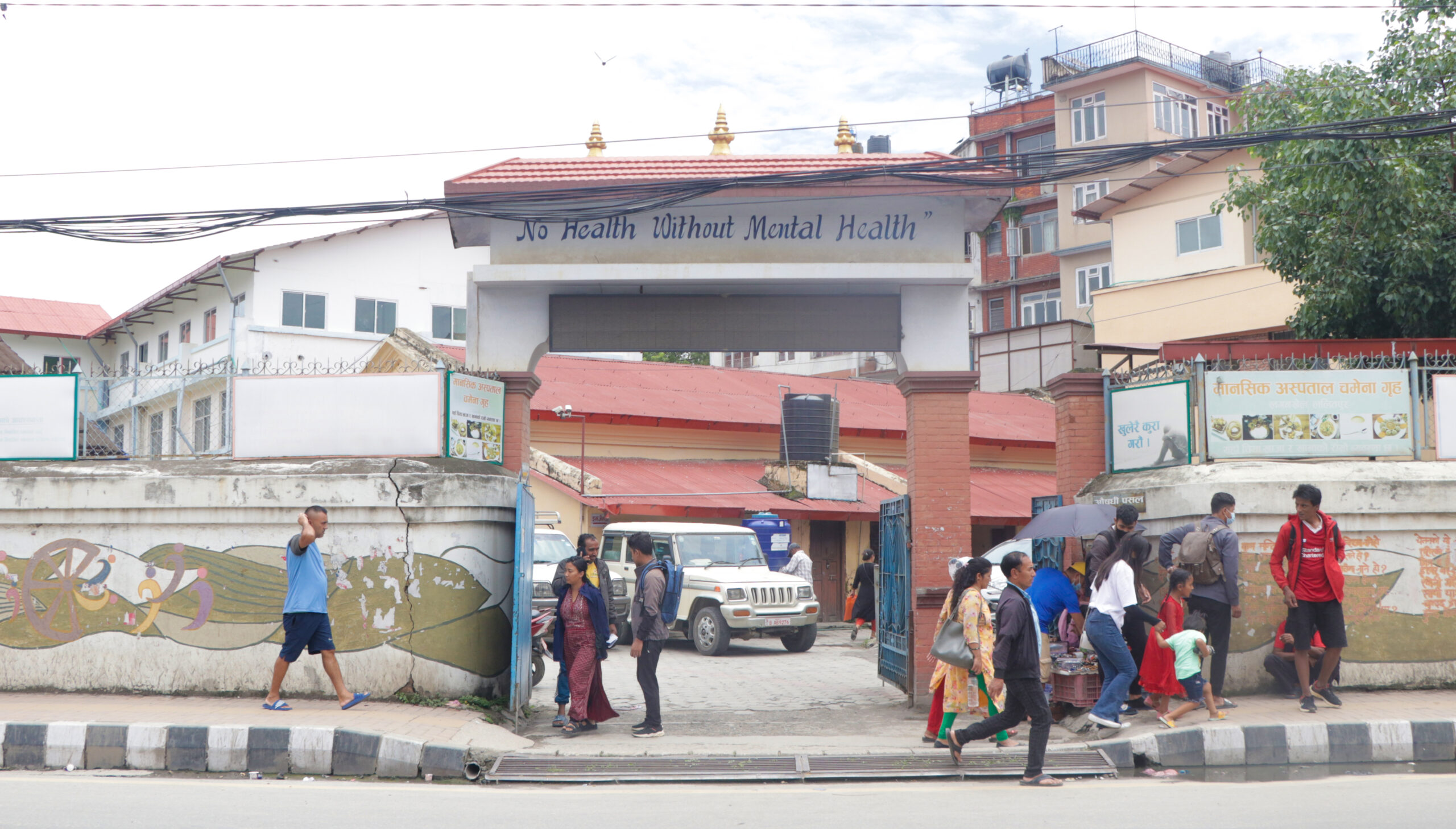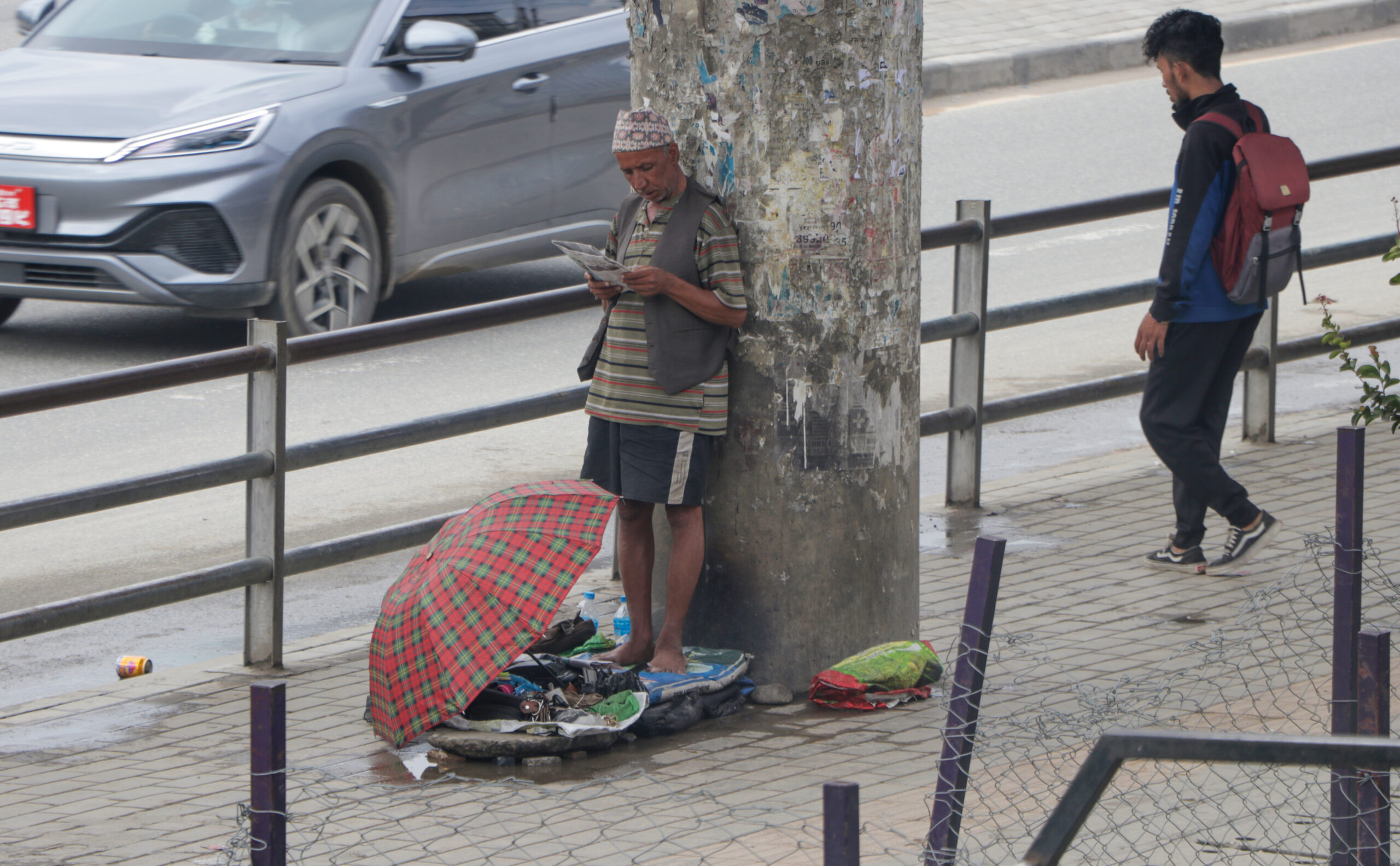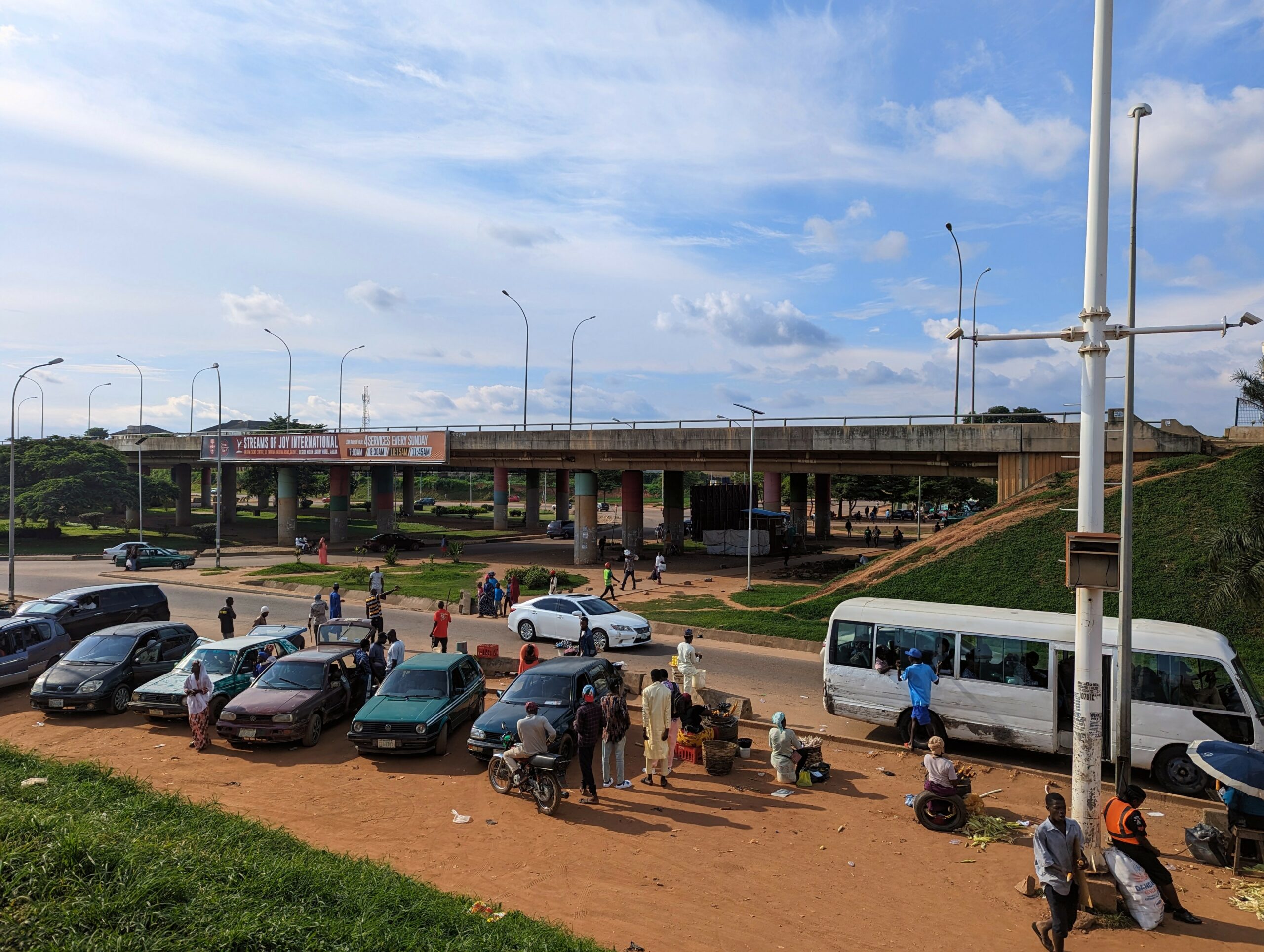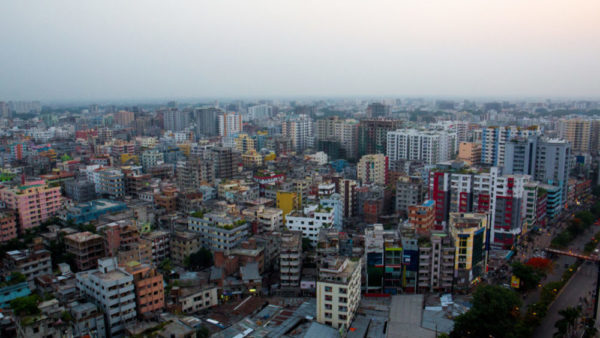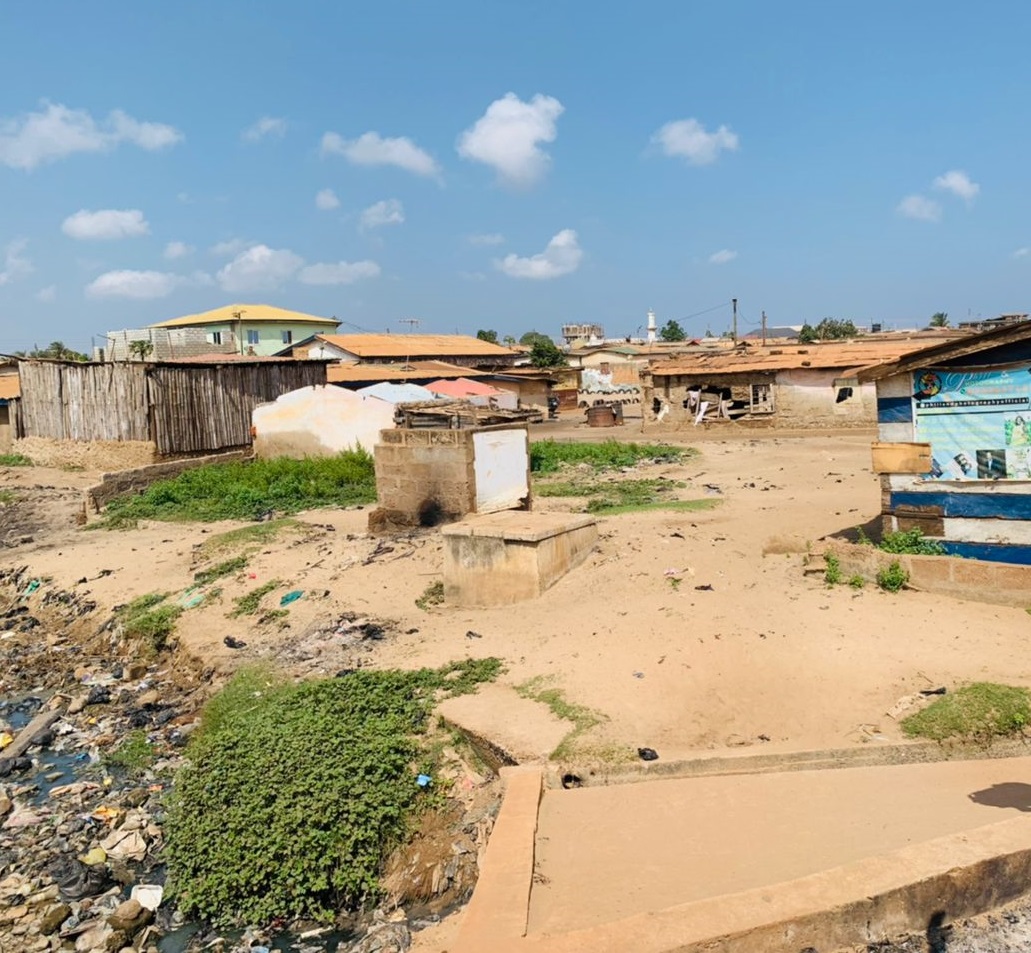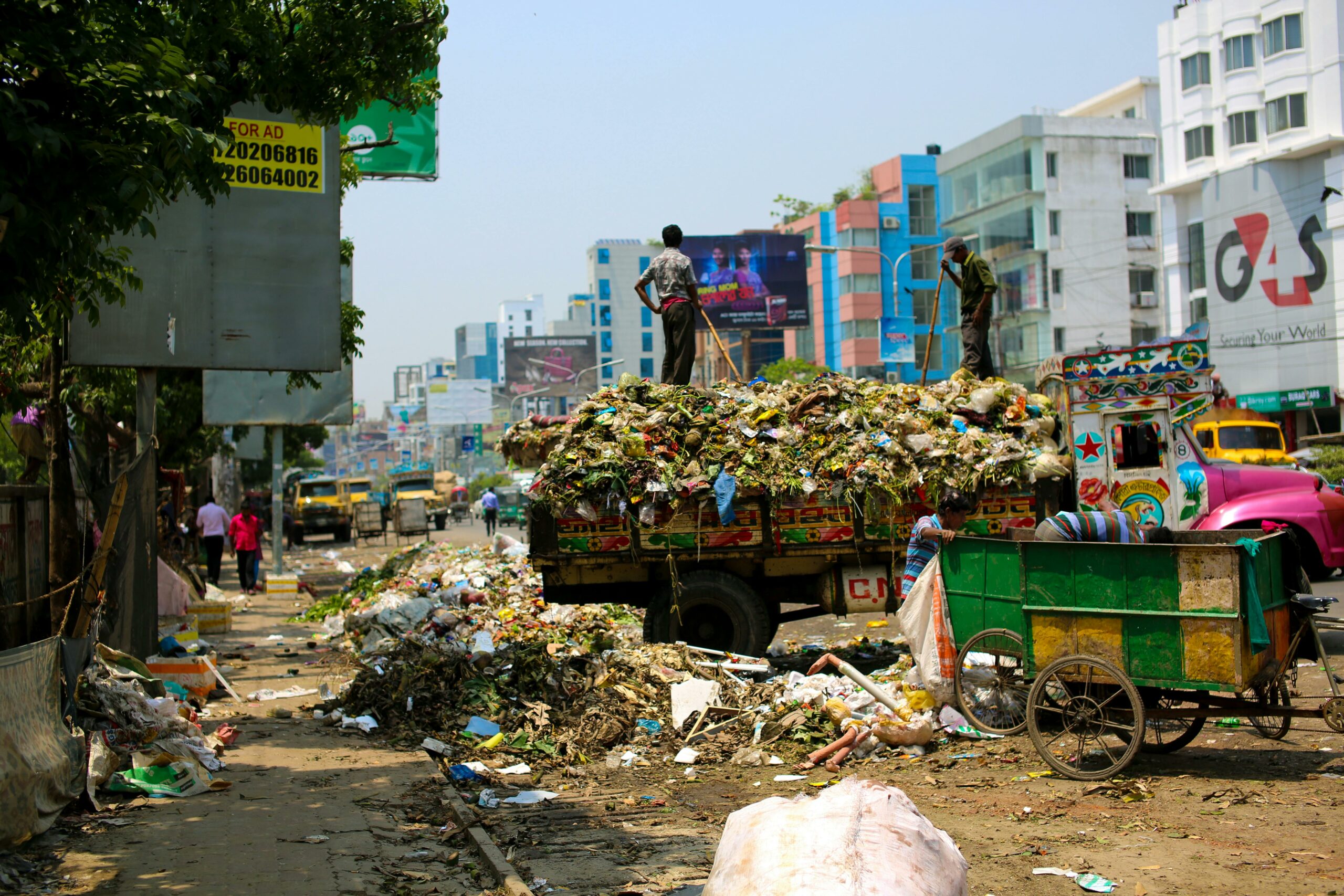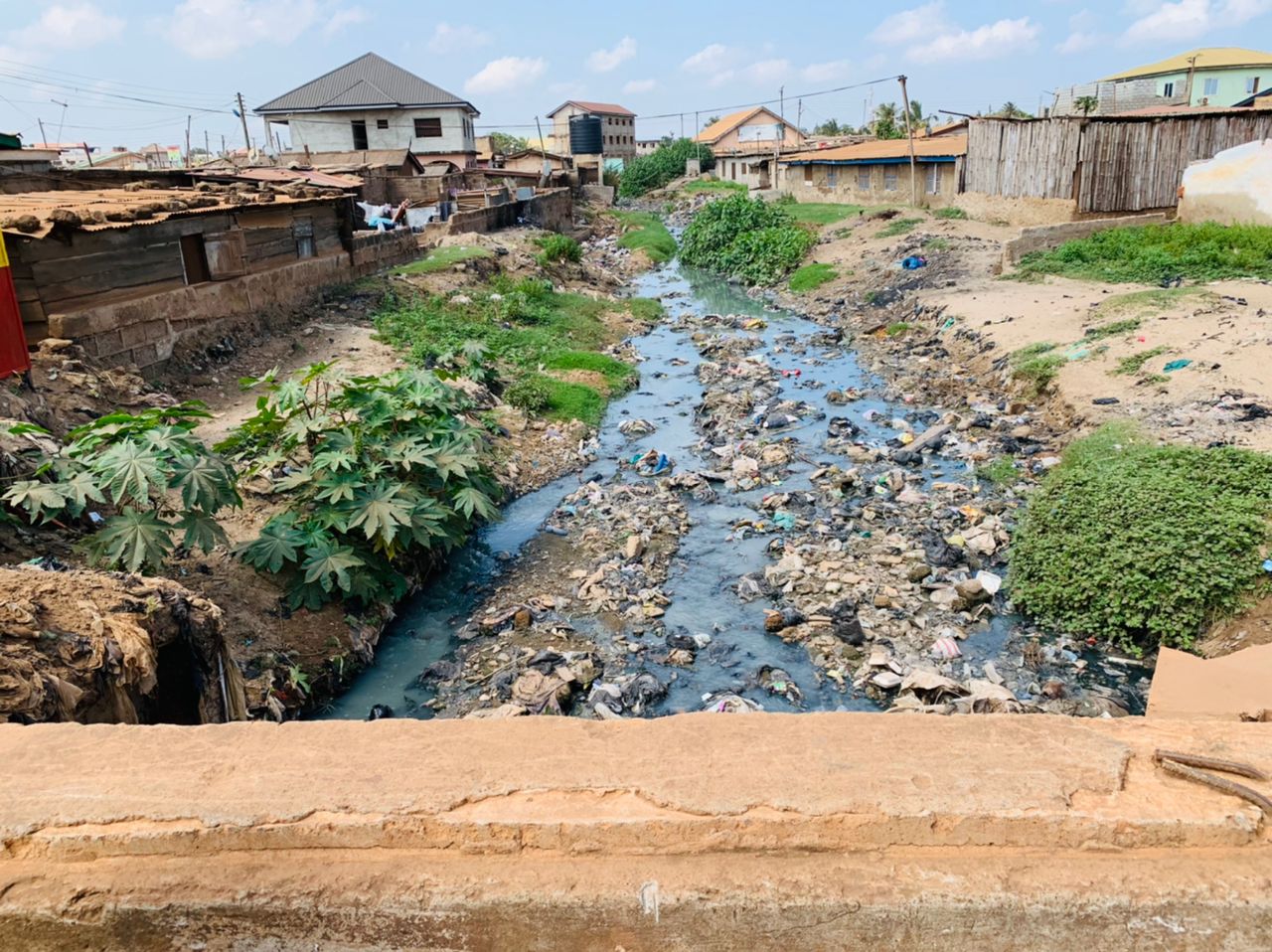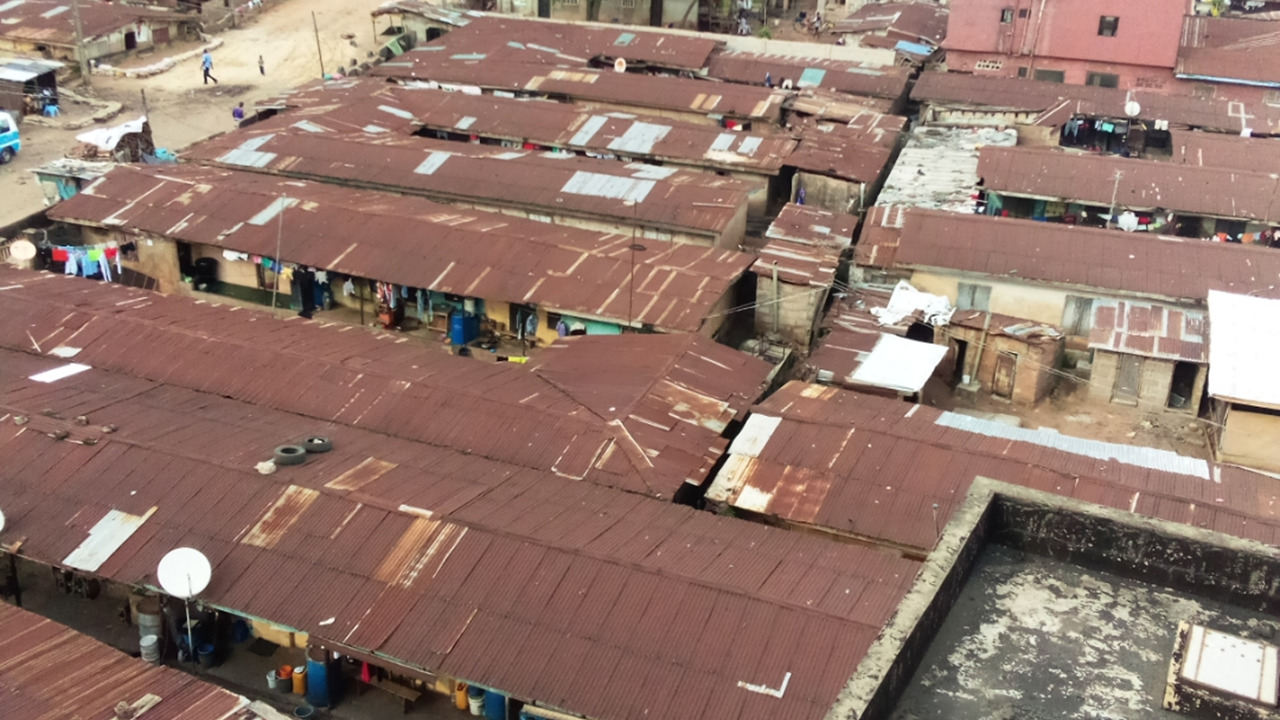
NIGERIA
Multi-sectoral Involvement in WASH in urban-poor setting

NIGERIA
Multi-sectoral Involvement in WASH in urban-poor setting
Assessing the level of multisectoral involvement in Water, Sanitation and Hygiene (WASH) for improving health in urban poor settings in Anambra State
Nigeria has a high rate of rural-urban migration, and the growth rate of its urban population is projected to reach 59.2% by 2030. However, a higher proportion of people migrating to cities are concentrated in low-income informal settlements; urban poor settings/slums. In these settings, the challenge is usually poor access to basic social amenities such as water, sanitation and hygiene (WASH) services. The effects of the social determinants on health (SDH) are well known and WASH is a primary SDH. Hence, the consequences of poor access to WASH include diseases such as diarrhea, poor solid waste disposal, inadequate vector control etc. In Nigeria, diarrhea among children under five remains among the world’s most serious public health problems, contributing significantly to high morbidity and mortality and negative impacts on economic productivity.
It is increasingly recognized that prevention and control of many diseases, including WASH-related diseases, must be driven by more than just the health sector alone and that a multi-sectoral approach is required. In the context of the inter-related Sustainable Development Goals (SDGs), efforts to improve WASH require inputs and commitments from sectors such as education, environment etc.
The study aims to assess the level of multi-sectoral involvement, and design and implement inclusive community-based participatory interventions for improving access to WASH and health outcomes of the urban poor population towards achieving SDG 6 (ensuring availability and sustainable management of water and sanitation for all) in Anambra State, Nigeria.
Specific objectives of the study are to:
- Assess the supply and demand factors that influence access to WASH among the urban poor population
- Determine the level of multi-sectoral involvement in WASH and how supportive actions on WASH can be galvanised from different sectors
- Co-produce, implement and evaluate the Integrated Behavioural Model (IBM) WASH inclusive community-based participatory interventions to improve access to WASH in poor urban settings.
- Describe the contextual factors and mechanisms that enabled or constrained the implementation of the interventions for informing programmatic scale-up policy decisions.
The study will employ a community-based participatory approach. It is implementation research (IR) that will adapt and implement the IBM-WASH approach built on the methodological frameworks of participatory and action research to inform interventions that will improve access to WASH among the urban poor population. The study population will be heads of households living in poor urban areas in Onitsha (Anambra state, Nigeria) and key actors from various sectors such as, health, education, environment, organized-private sector, etc. who are pertinent for improving access to WASH. Data will be collected using quantitative and qualitative methods. A co-creation workshop (involving multi-sectoral actors and researchers) leveraging behavioural theories and context-specific evidence will be adopted for developing strategies that would be implemented to improve access to WASH. A short-term evaluation (4-6 months) will be done to assess the effect of the implemented intervention(s) on access to WASH.
Lead Researcher: Uchenna Ezenwaka (University of Nigeria)
Mentors: Prof. Obinna Onwujekwe (University of Nigeria) and Chidi Nzeadibe (University of Nigeria)


